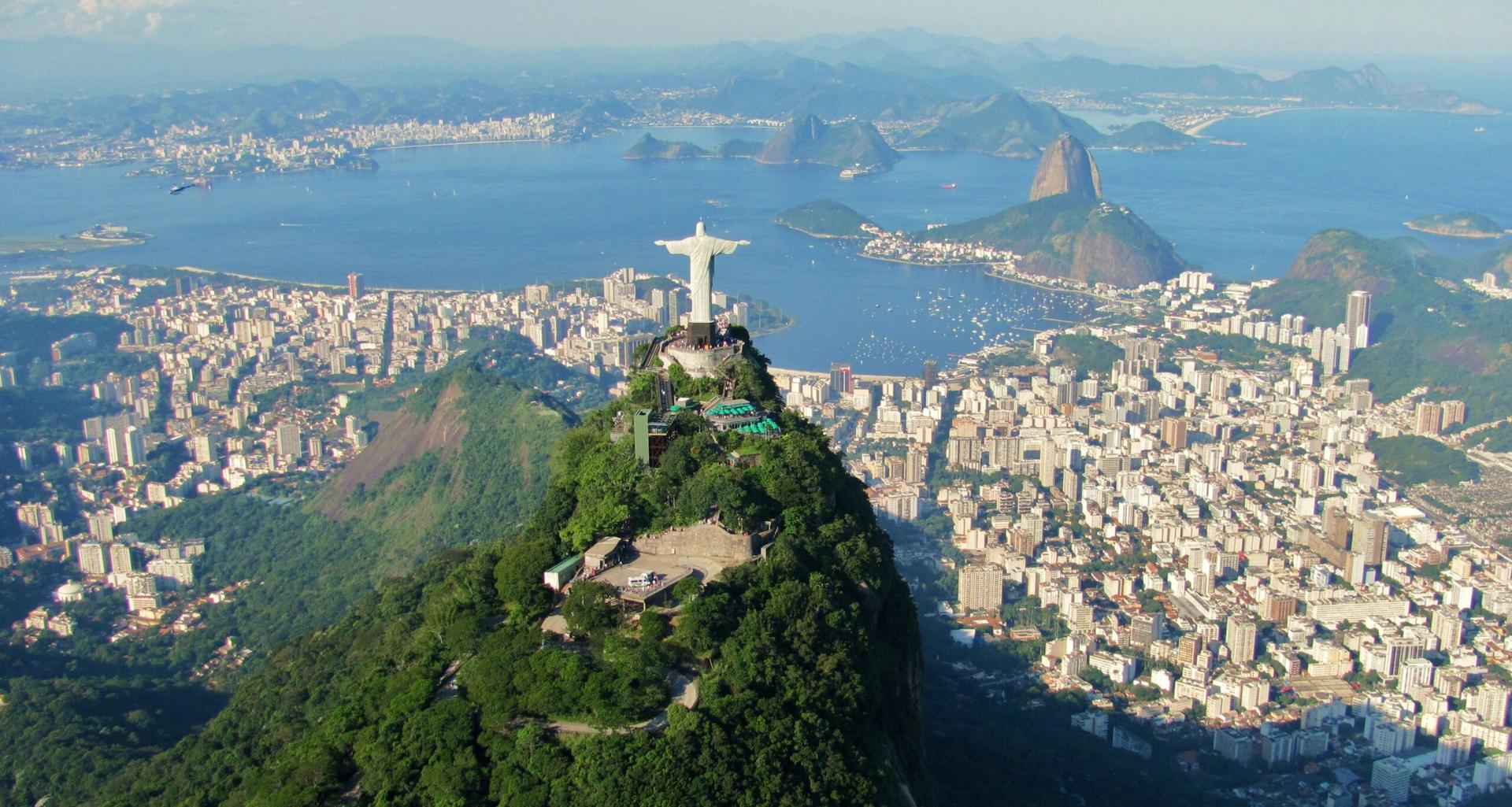SÃO PAULO – Heads of Catholic TV stations from different parts of Latin America gathered in Brazil last week and founded the Latin American and Caribbean Audiovisual Media Alliance.
The Alliance is known by the Spanish acronym ALMA, which also means “soul”.
The idea is not only to allow the exchange of contents and to promote partnerships and co-productions, but also to strengthen the relationship between those TVs, which are autonomous, and the national bishops’ conferences in a time of political polarization all over the region.
The encounter was organized by the Latin American Episcopal Council (CELAM) as part of the restructuring process it has been facing since 2019.
“We have been working to establish new networks and relationships in CELAM, and ALMA is one of them,” Oscar Elizalde, who heads the Conference’s communications center, told Crux.
Sixty TV directors and chief producers coming from 12 countries gathered in Aparecida between Aug. 11-14. They represented 27 TVs from Argentina, Chile, Colombia, Costa Rica, El Salvador, United States, Honduras, Panama, Paraguay, Dominican Republic, Uruguay and Brazil – where there are 11 Catholic stations and an additional webTV.
“Countries like Venezuela couldn’t take part in the meeting for domestic reasons. But our goal is to gradually expand the alliance,” Elizalde explained.
The idea is to share the TV stations’ best practices concerning institutional organization and funding. According to Nelson Batistote, who heads the TV segment of Signis Brazil – an association that gathers TVs and radios of Catholic inspiration in the South American country – most TVs don’t have a strong commercial department.
“In general, they’re not able to fund themselves and need donations in order to keep their operations,” he told Crux.
Elizalde affirmed that the Catholic TVs’ sustainability is one of the major challenges ALMA will face.
“High-quality content can only be produced with enough money. That’s why we need to spread the news about the funding models that proved successful,” he said.
Elizalde said he hopes that co-productions can be promoted by ALMA as a way of joining forces and maximizing resources. Even movies could be planned, he said.
One of the major goals of the newly-formed alliance is to map the existing Catholic TVs in the whole region, to draw them to the group and, in the future, to build common editorial lines. That’s one of the recipes to avoid unnecessary conflicts with segments of the Church and with each country’s Bishop’s Conference, Elizalde said.
Such clashes are not uncommon, especially in a time of political polarization in most Latin American countries. In 2020, for instance, a number of directors of Catholic TV stations in Brazil had an online meeting with then-President Jair Bolsonaro.
In a moment in which Bolsonaro was reducing the government’s funding of most of the Brazilian press – accusing most outlets of being “communist” – the Catholic TVs came to him in order to ask for money and licenses for new channels. In exchange, they promised they would give him favorable coverage.
The news of the meeting outraged many Catholics in the country, including the National Conference of Bishops of Brazil (CNBB), which hadn’t been informed that the reunion would occur. CNBB and Signis Brazil released a statement harshly critical of the participants of the encounter.
Elizalde said that the TV stations that founded ALMA expressed their commitment to evangelization and to carry out their work in communion with the Church’s magisterium.
“But they expressed that a major challenge is to keep coherent and open to the participation of all segments,” he said, adding that there’s a natural “diversity of views” inside the Church that must be recognized.
The central measure is to maintain close relations with the episcopate, working side by side with the Bishops’ Conference’s communications department, Elizalde said.
The meeting also promoted debates about current concerns of TV producers all over the world, like the ethical use of artificial intelligence and the migration to streaming services, Batistote explained.
In Brazil, the country with the largest number of Catholic TVs in the region, some stations have already been working with streaming.
“We usually work in pools, especially during special events, so we have experience to share with the other country’s TVs,” he said.
Elizalde said there are already two suggestions of joint work: one in the coverage of COP30, which will happen in November, in Brazil, and the other concerning a campaign of the Latin American church for the protection of environment and human rights activists.
Within two weeks, CELAM will promote an encounter of Catholic radio stations.












